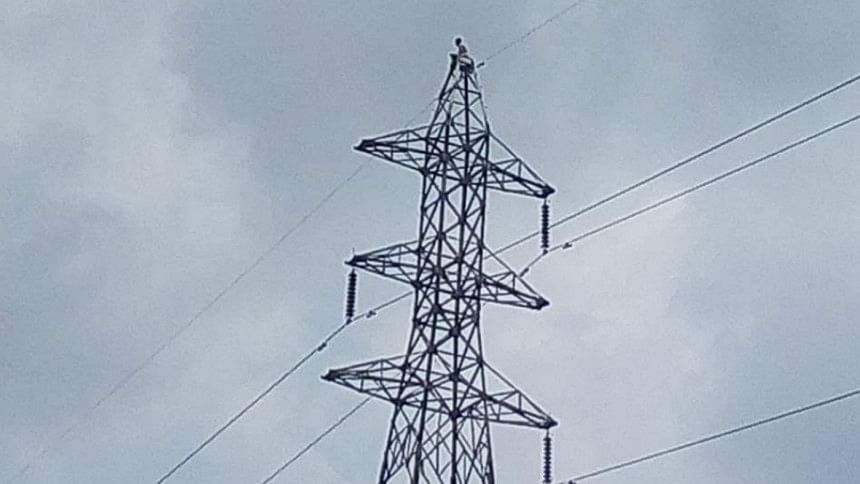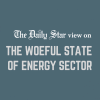Power coverage reaches 93pc people in Bangladesh

Bangladesh has made significant progress in access to electricity as its electrification coverage reached 93 percent, thanks to the stronger political commitment of the Awami League government.
The World Bank in its just-published Energy Progress Report 2019 mentioned that among the countries with the largest population without access to electricity, Bangladesh, Kenya, Myanmar and Sudan have made the most progress.
It said global electrification rate reached 89 percent; the number of people without electricity access dropped to around 840 million, compared to 1 billion in 2016 and 1.2 billion in 2010.
But the AL government, led by Prime Minister Sheikh Hasina, achieved tremendous success in the power and energy sector because of its realis-tic roadmap with an aim to reach power to every household by 2021.
Talking to BSS, State Minister for Power, Energy and Mineral Resources Nasrul Hamid said access to quality and reliable electricity is no more a dream as the country’s 93 percent people are now getting power, which was only 47 percent before 2009.
According to power cell data, the power generation capacity of Bangladesh now stands at 21,419 MW, with power connections increasing to 3.32 crore while the number of power plants reached to 130.
TRACKING SDG7
The Energy Progress Report 2019 showed that despite the progress, reaching the remaining unserved people, including those connected to frail and overburdened urban grids, as well as displaced people, and hard-to-reach locations, will be challenging. An estimated 650 million people will be left without electricity access in 2030.
The report tracks global, regional and country progress on the three targets of Sustainable Development Goal-7: access to energy and clean cooking, renewable energy and energy efficiency. It identifies priorities for action and best practices that have proven successful in helping policymakers and development partners understand what is needed to overcome challenges.
Among the least electrified countries, South Sudan, Guinea-Bissau and Central African Republic have been electrified at around 3 percentage points each year since 2010. Cambodia, Afghanistan, and Nepal are currently among the fastest electrifying countries.
Maintaining and extending the pace of progress in all regions and sectors will require stronger political commitment, long-term energy planning, increased private financing and adequate policy and fiscal incentives to spur faster deployment of new technologies, the report underscores.

 For all latest news, follow The Daily Star's Google News channel.
For all latest news, follow The Daily Star's Google News channel. 




Comments